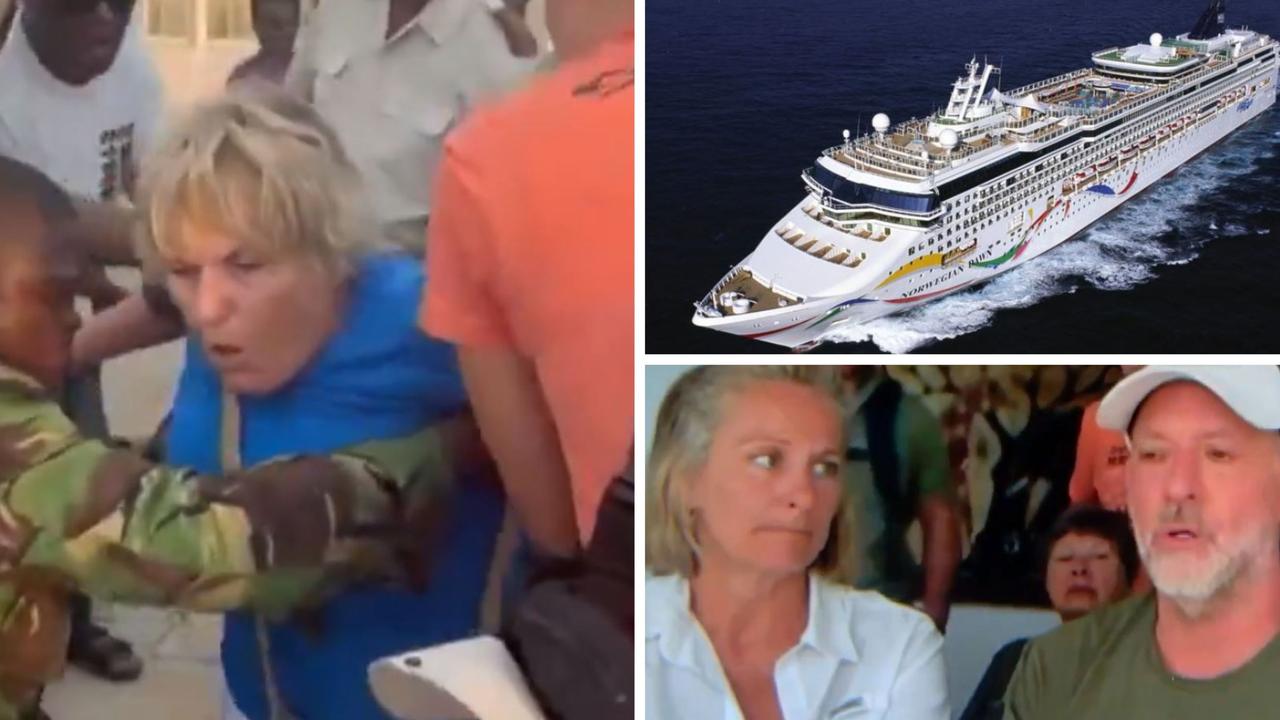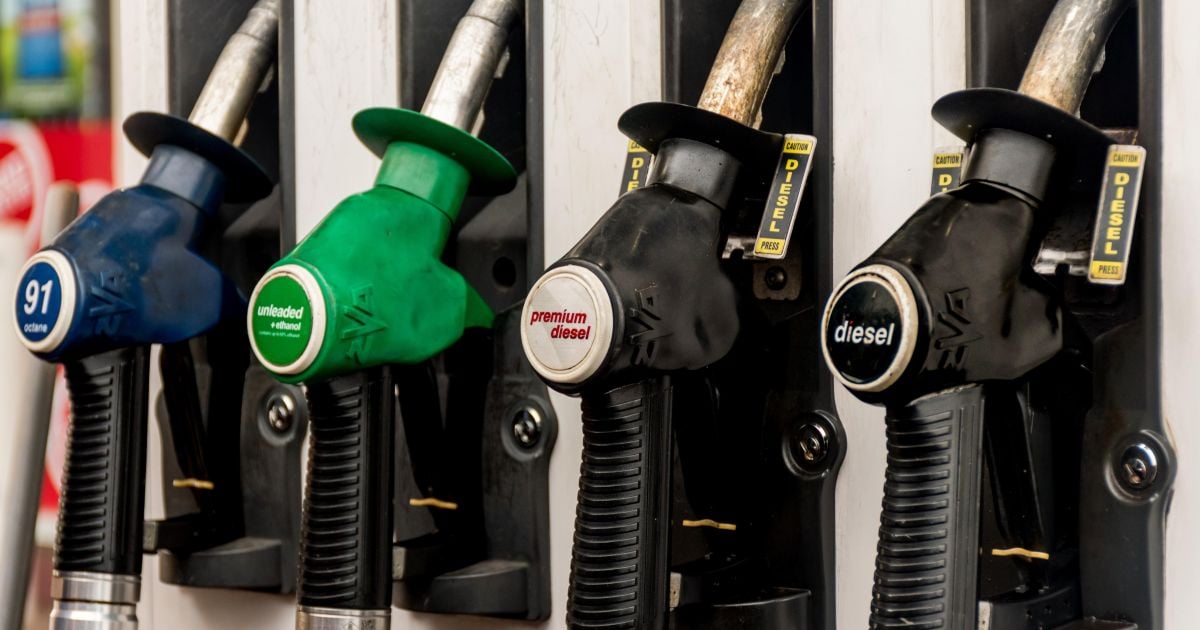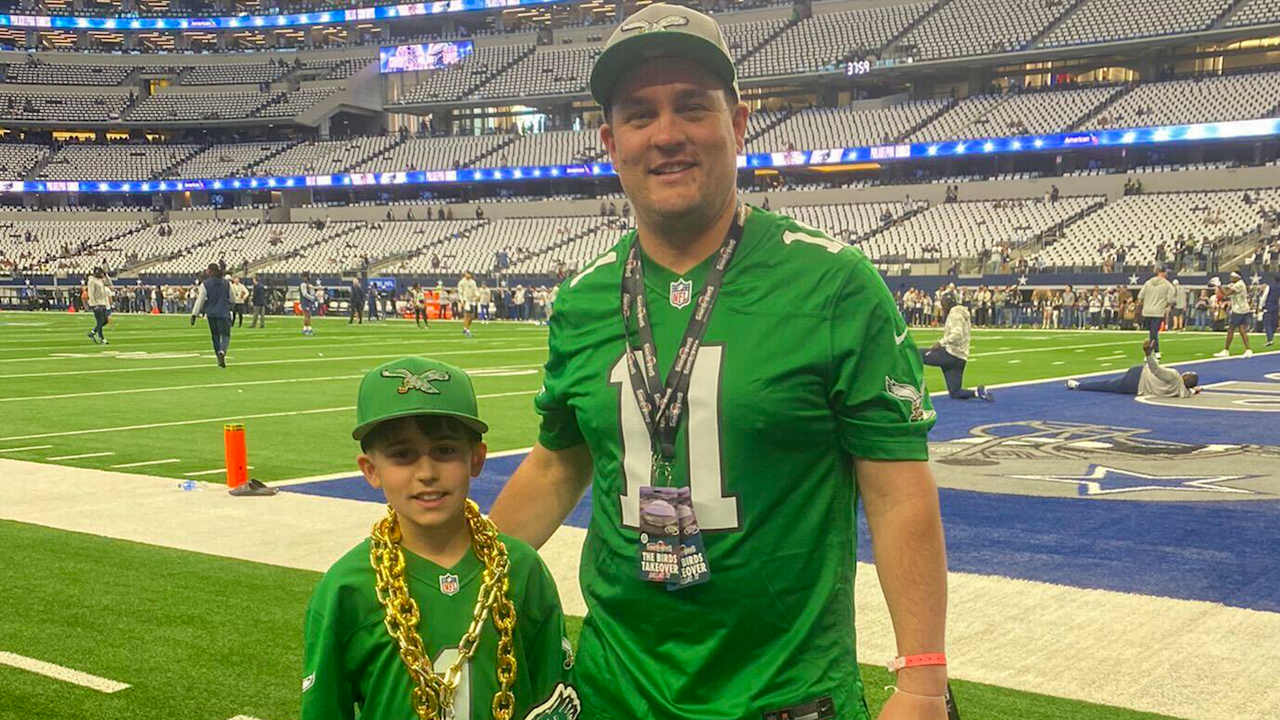Cruise unleashes on stranded passengers

- by Admin
- April 2, 2024

The cruise ship that abandoned eight passengers on an African island without their possessions after they failed to return to the vessel on time has responded to the group amid the ongoing saga.
On the afternoon of March 27, 2024, while the ship was in São Tomé and Príncipe, an African island nation, eight guests — including two Australians — were on the island on a private tour not organized through Norwegian Cruise Line.
As a result, the group missed the last tender back to the vessel, therefore not meeting the all aboard time of 3 p.m. local time.
A spokesperson for the cruise line said that while it was a “very unfortunate situation”, the guests were ultimately to blame for not returning to the ship on time.
“Guests are responsible for ensuring they return to the ship at the published time,” a spokesperson told news.com.au, adding the timeslot is “communicated broadly over the ship’s intercom, in the daily print communication and posted just before exiting the vessel”.
“When the guests did not return to the vessel at the all aboard time, their passports were delivered to the local port agents to retrieve when they returned to the port, as per the regular protocol. Our team has been working closely with the local authorities to understand the requirements and necessary visas needed for the guests to rejoin the ship at the next available port of call.”
The spokesperson put blame on the guests for booking a “private tour” rather than going through Norwegian Cruise Line’s organised activities. As a result of doing so, they would now be “responsible” for any necessary travel arrangements to rejoin the ship at the next available port.
However, the cruise line has apologised to the guests for failing to meet them at a port in Banjul, Gambia on April 1 citing “safety reasons”.
“While the eight guests made arrangements to rejoin the ship in Banjul, Gambia on April 1, 2024, unfortunately the ship was unable to safely dock in the destination due to adverse weather conditions, as well as tidal restrictions that require specific timing for safe passage,” the spokesperson said.
“While we share in our guests’ disappointment, this modification was made with great consideration for their safety and that of our crew, which is our top priority.
“We contacted these eight guests regarding this itinerary adjustment and provided them with authorization to rejoin the ship at Dakar, Senegal on April 2, 2024.
“Despite the series of unfortunate events outside of our control, we will be reimbursing these eight guests for their travel costs from Banjur, Gambia to Dakar, Senegal.”
On Tuesday evening local time, news.com.au understands the guests finally reboarded the Norwegian Dawn for the remainder of the voyage.
Earlier, the tourists at the centre of the nightmare said they were “considering” not reboarding the vessel despite rushing through seven nations to reach it.
“We believe that it was a basic duty of care that they have forgotten about,” said Jill Campbell, one of eight tourists including two Australians who were stranded when the Norwegian Dawn sailed off taking most of thier possessions with them.
“Although there are a set of rules, they have followed them too rigidly,” she told American TV on Tuesday morning (US time).
The nautical nightmare began last Wednesday when the Norwegian Dawn docked at São Tomé and Príncipe, an island nation of 220,000 people off the west coast of Africa in the Gulf of Guinea.
Jill and Jay Campbell, along with the two Australians, and a further four travellers took a private tour of the island.
However, despite asking the tour guide to ensure they were back at the port by 3pm, when the captain had said boarding would end, the group were late.
The guides has contacted the ship to ask it to wait for the eight passengers – but to no avail.
Even though the Norwegian Dawn was still at anchor, and the São Tomé coastguard took the group on tenders to the vessel, they were still refused boarding.
NCL’s Asia Pacific arm has not replied to news.com.au’s questions regarding the wellbeing of the Australians who were also abandoned.
While NCL delivered the passengers passports to the dock, the group have claimed that all their other personal belongings, including bank cards and medication, were kept on the ship
One of the group had a heart condition and did not have access to their pills, it’s been claimed.
The tourists, which also included a person who was paraplegic, have spent the week trying to organise onward travel to the ship’s next ports of call to reboard the vessel.
They managed to make it to Banjul in The Gambia, in West Africa, but the ship couldn’t dock. So the passengers then had to travel on ferries and overland to neighbouring Senegal.
The Campbells, from South Carolina, were the only people to have their bank cards and more than a few dollars on them. They said they have spent $7500 on accommodation and food for their fellow castaways.
May not reboard ship
Jay Campbell told US broadcaster NBC’s the Today Show on Tuesday that the people of São Tomé and Príncipe had been “very gracious, very hospitable,” and had steered them towards hotels and travel agents.
Nonetheless, he said, it had been a challenging experience.
“It’s a very, very difficult process. You’re dealing with multiple languages, different currencies, finding someone that will even take dollars,” said Mr Campbell.
“I think we flew through six countries just to get to The Gambia yesterday”.
The group managed to overtake the Norwegian Dawn and arrived in Dakar, the capital of Senegal, on Monday night before it arrived.
NCL has now said that it has decided to allow the passengers back on the ship.
But Ms Campbell said that even though the option was open to continue the cruise she wasn’t sure if she wanted too.
“We are considering whether or not we are going to board the ship,” she told NBC.
“We truly believe that although there’s a set of rules or policies that the ship follows, they follow those rules too rigidly.
“They really forgot that they are people working in the hospitality industry and that the safety is and the wellbeing of their customers should be the first priority and that should be placed first.
“It was a basic duty of care that they have forgotten about.
“It does concern us,” said Ms Campbell.
The Latest News
-
November 21, 2024DP World Tour rookie hit with costly slow-play penalty in pro debut – Australian Golf Digest
-
November 21, 2024After Finishing Second in Back-to-Back Seasons, Jeeno Thitikul Captures 2024 Aon Risk Reward Challenge Title – Australian Golf Digest
-
November 21, 2024More cash than God and Bezos: Whatever the BCCI wants, Australian cricket must give them
-
November 21, 2024BetPokies.org partners with Platipus to get to the Australian audience
-
November 21, 2024Max Homa delivers his best swing roast yet in response to this three-time Super Bowl champ – Australian Golf Digest





